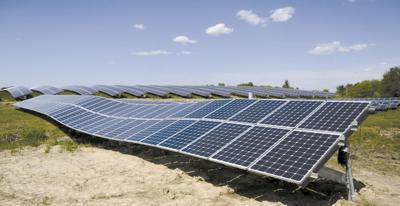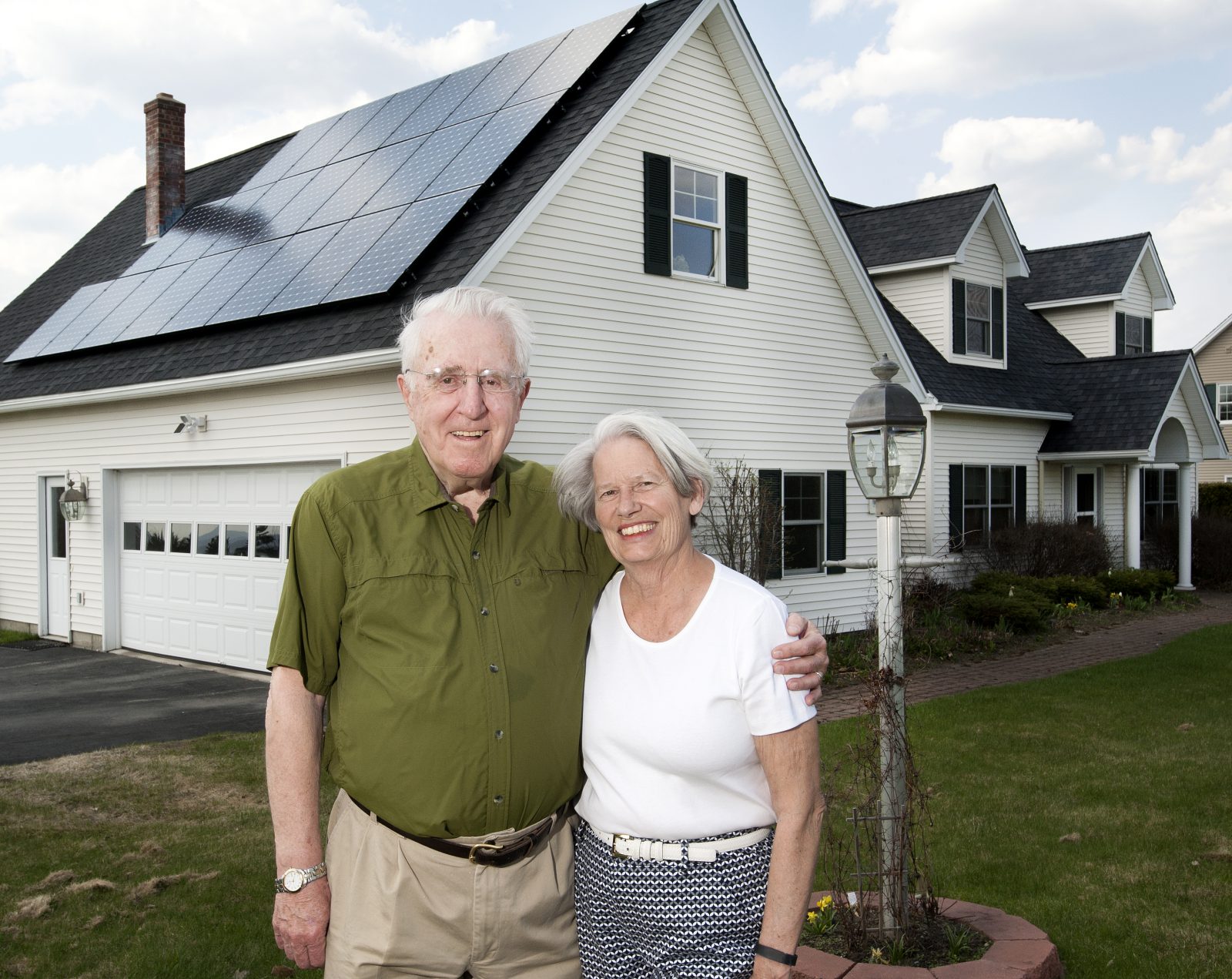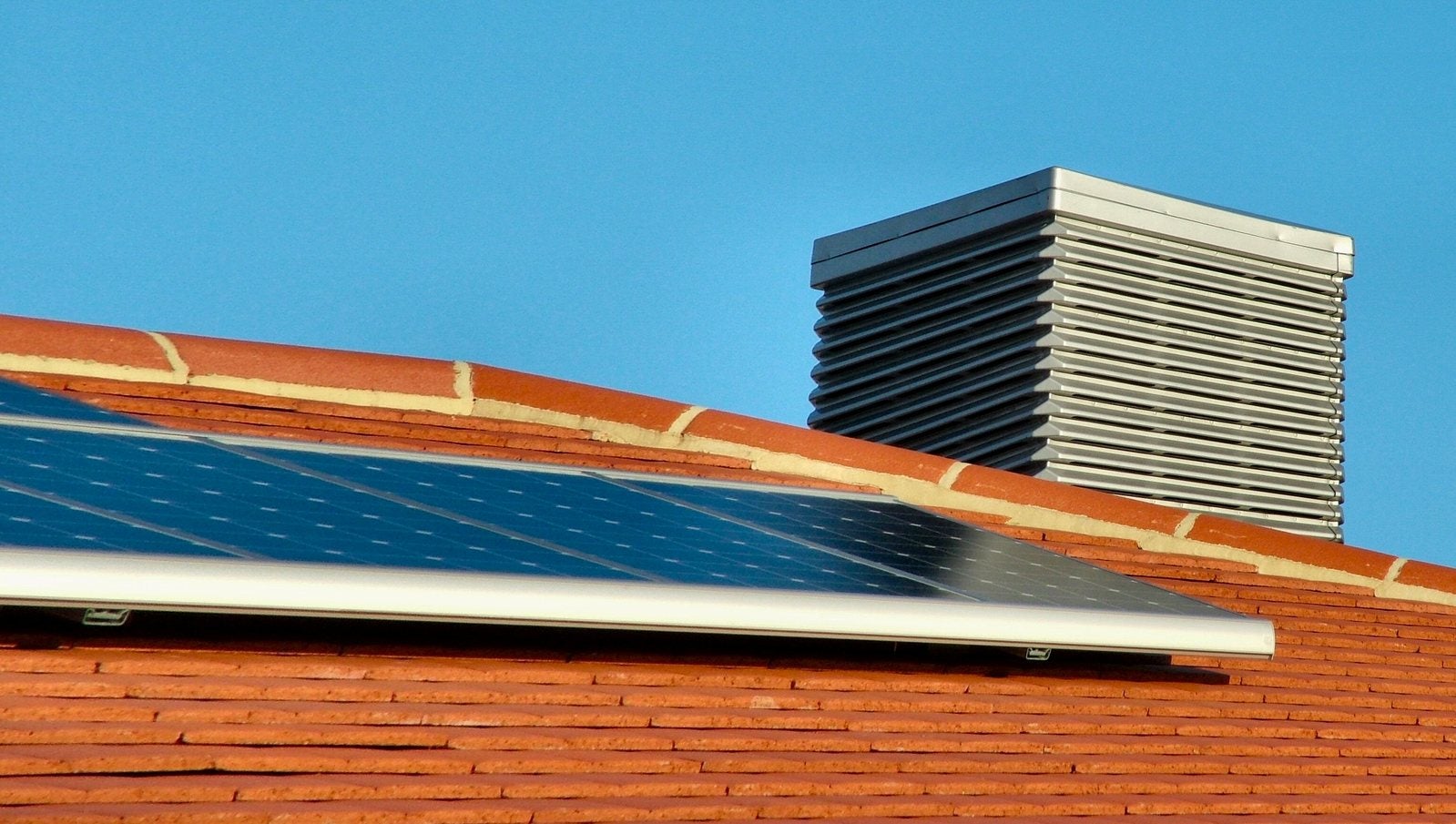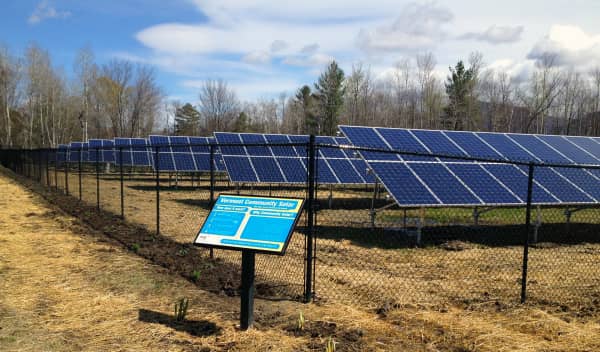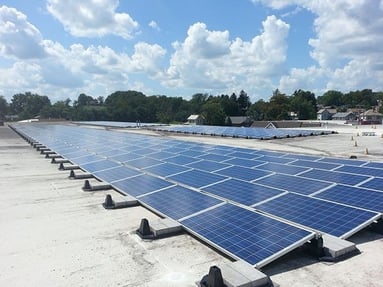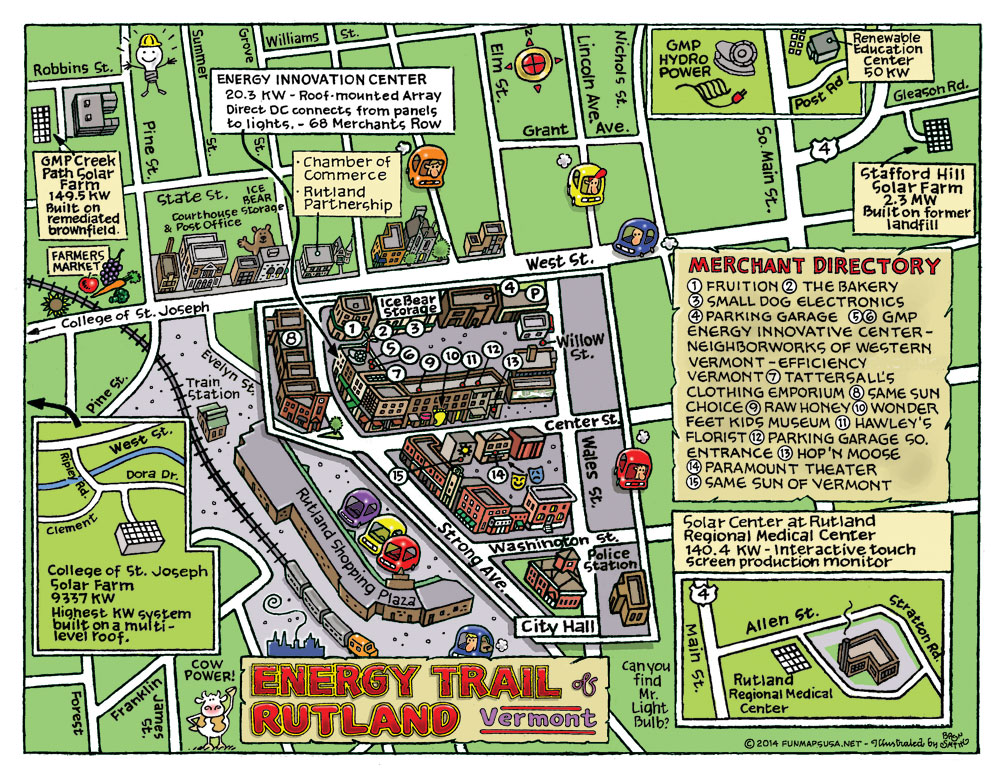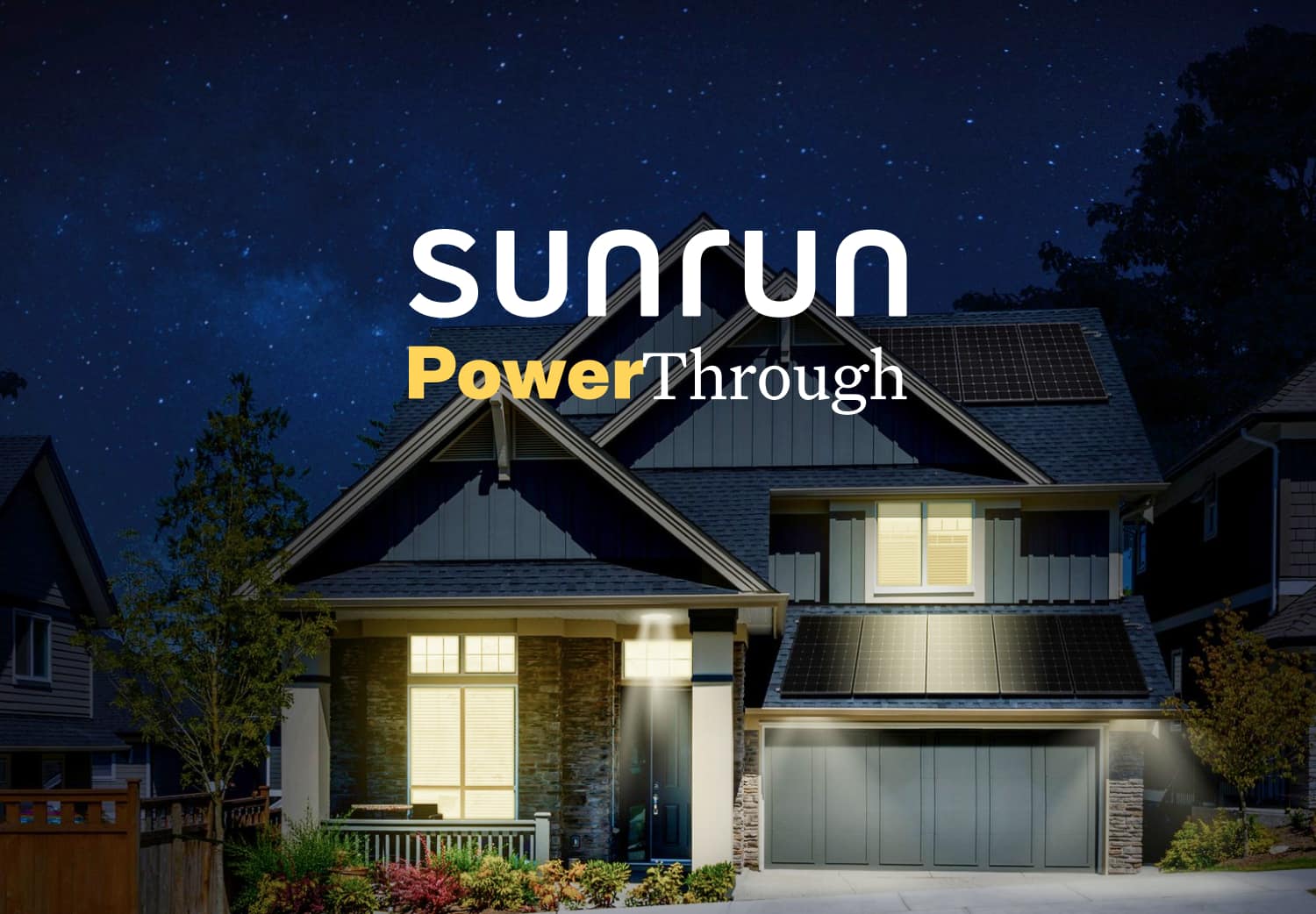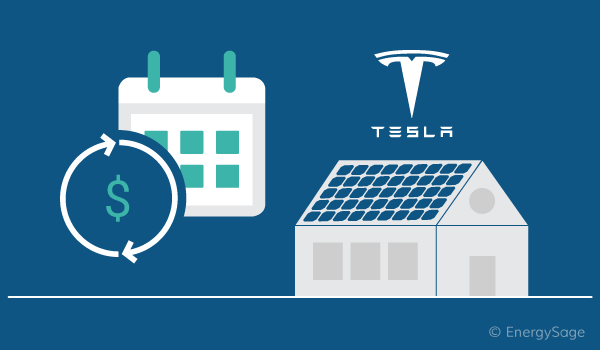As of sep 2020 the average cost of solar panels in vermont is 2 85 per watt making a typical 6000 watt 6 kw solar system 12 636 after claiming the 26 federal solar tax credit now available.
Rent solar panels vermont.
Learn more about your potential savings in our design studio.
In vermont the average solar payback period is 10 06 years.
Purchase solar at the lowest price of any national provider with tesla s price match guarantee and take control of your monthly electricity bill.
The main practical distinction between buying and leasing a solar pv system is in ownership.
Periodically we will need to wash the dust off the panels but that s about it for water usage.
Solar farms generate energy without any harmful byproducts or carbon emissions.
If you lease the system or sign a power purchase agreement ppa a third party owns the solar panel system.
Vermont ranks 9 th in the country on the 2016 solar report card.
Solar panel cost data vermont 2020 updated.
Once the vegetation buffer.
If you buy a solar panel system you own the system either outright if purchasing with cash or after repaying your solar loan.
Use solar energy to power your home and reduce your dependence on the grid.
Larger tracts over 100 acres for major power plant projects commonly rent at 300 to 500 an acre across texas and normally around the 500 acre range across most of the southeast.
Vermont has no solar carve out no state tax rebates or tax credits so for these categories it earns an f grade.
Due to the self sustaining nature of solar power generation there is very little traffic associated with operating a solar farm.
A solar payback period is the amount of time it takes for property owners who install solar panels to recover their initial investment through electricity savings.
Payback time on a 5 kw solar energy system is 12 years with an internal return rate of 9 9.
Buying solar panels requires an investment and more decision making than leasing but over the long term the benefits of owning your system are hard to beat.
The most significant incentive to install solar panels for homes and businesses is the federal solar tax credit at the end of 2020 the amount of the credit will decrease from 26 to 22 of the cost of the solar installation.
Regardless of the exact cost of installation there are many affordable financing options for solar panel systems.
This is higher than the average price of residential solar power systems across the united states which is currently 2 60 per watt.
Even in rural areas of north carolina or california where demand for small solar sites is high rent over 1 000 acre would be common by a substation with capacity.

